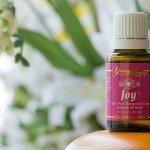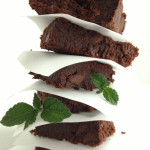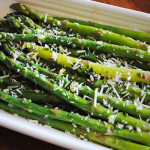What’s All The Fuss About?
It seems to me that people are “coming out of the closet” about essential oils these days. Have you noticed it, too? Essential oils are almost becoming a household term. It’s wonderful that more and more people around the world have heard about essential oils and even better, are using them every day to be healthier. But, as great as that is, there is still loads of confusion on what essential oils are and what they do.

The Basics
“An essential oil is that aromatic, volatile liquid that is within many shrubs, flowers, trees, roots, bushes, and seeds and that is usually extracted through steam distillation.
The chemistry of an essential oil is very complex and may consist of hundreds of different and unique chemical compounds. Moreover, essential oils are highly concentrated and far more potent than dried herbs because of the distillation process that makes them so concentrated. It requires a large volume of plant material to produce small amounts of a distilled essential oil. For example, it takes 5,000 pounds of rose petals to produce 1 kilo of rose oil.” (Source)
So, essential oils are the liquid that comes from plants that when distilled, people use for greater health. For the plant, that liquid inside is the plant’s life-blood. Have you ever broken open the leaf or stem of a plant and seen a fluid come out? Well, when you take the precious fluid from aromatic plants and super-concentrate it, you end up with an essential oil.
For the plant, that liquid life-blood carries oxygen to the plant, fights infection, contains hormone-like compounds, and initiates regeneration of the cells. For instance, if an aphid attacks a plant, the volatile liquid (same liquid that the essential oils are distilled from) comes to the aid of the plant and brings healing to the damaged leaf or stem. Same with other kinds of attacks on the plant; the volatile liquid is there for the plant’s healing, repair, and regeneration.
How Essential Oils Work
What is so amazing is that essential oils have a unique ability to penetrate cell membranes and diffuse throughout the blood and tissues of people, too (including saliva). This makes their quality extremely important. Essential oil particles are one of the only things small enough to cross the blood brain barrier. One drop of essential oil contains 40 million trillion molecules that affect our bodies at the cellular level. We will talk more in the future what this means in regarding using essential oils for our health.
Essential oils are different from vegetable oils, such as corn, peanut, and olive oil. Vegetable oils are greasy and can clog the pores, and become oxidized and rancid over time. In other words, they have an expiration date after which you can’t use them. Pure essential oils will never go rancid, have no expiration date, and don’t feel greasy on the skin. They are quickly absorbed into the skin because of their molecular structure.
How To Use Them
Lots of people are familiar with vitamins, minerals, supplements for their health, even herbs and homeopathy. But, even with essential oils becoming more popular in the current culture, there are still many people who just haven’t heard about what essential oils are and what they can do. Or they have received misinformation and may be confused on what essential oils do. I trust that this series of blogs on what essential oils are and how they are used, will be instructive so that more and more people can consider using essential oils as an aid to greater health, as well.






